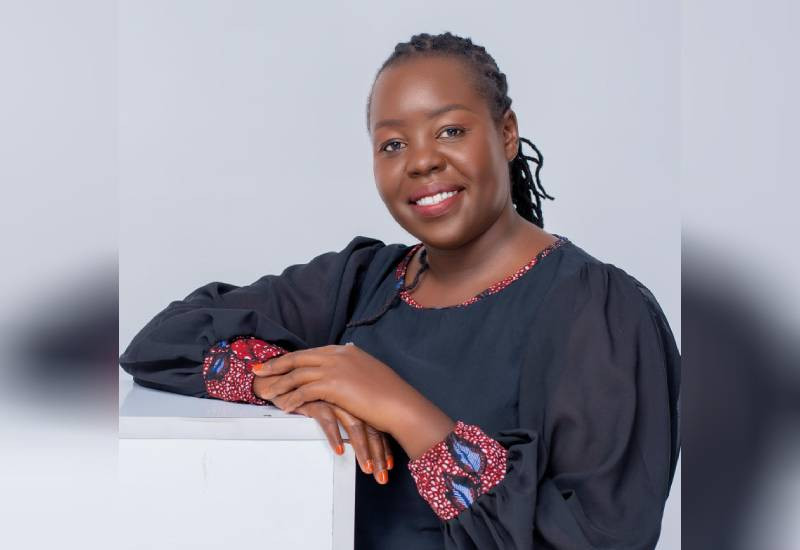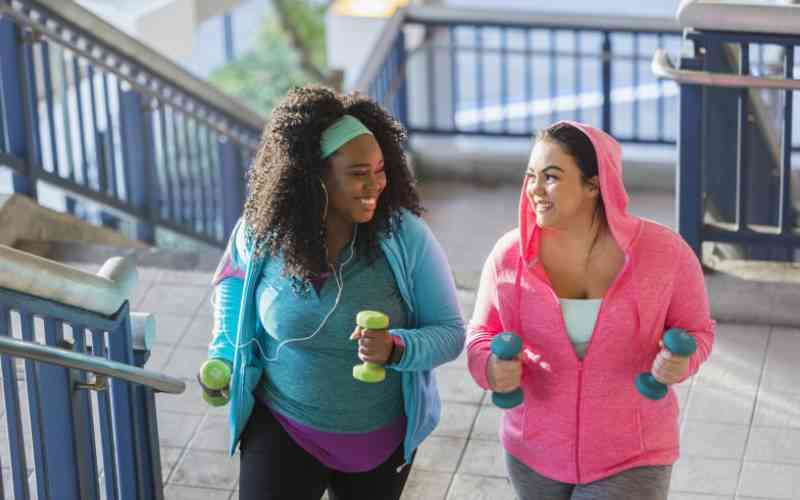
Her father and grandmother were traditional herbalists and she grew up wanting to be a healer too.
But the idea of pursuing herbal medicine at Kenyatta University was overridden by the desire to study clinical medicine at the University of Nairobi.
"Our home was surrounded by herb trees, and our kitchen garden had all sorts of herbs such that when I got a little cold, I knew what leaves to pluck and make some herbal tea, or if I got a bad stomach, I knew which roots to pick and chew on to make it better, and this is why I knew I wanted to be a healer, just like my dad," recalls Dr Hellen Barsosio, now a senior clinical research scientist at the Kenya Medical Research Institute (KEMRI).
Facts First
This story continues on The Standard INSiDER. Subscribe now for unfiltered journalism that holds power to account.
Already have an account? Login
 The Standard Group Plc is a multi-media organization with investments in media
platforms spanning newspaper print
operations, television, radio broadcasting, digital and online services. The
Standard Group is recognized as a
leading multi-media house in Kenya with a key influence in matters of national
and international interest.
The Standard Group Plc is a multi-media organization with investments in media
platforms spanning newspaper print
operations, television, radio broadcasting, digital and online services. The
Standard Group is recognized as a
leading multi-media house in Kenya with a key influence in matters of national
and international interest.


